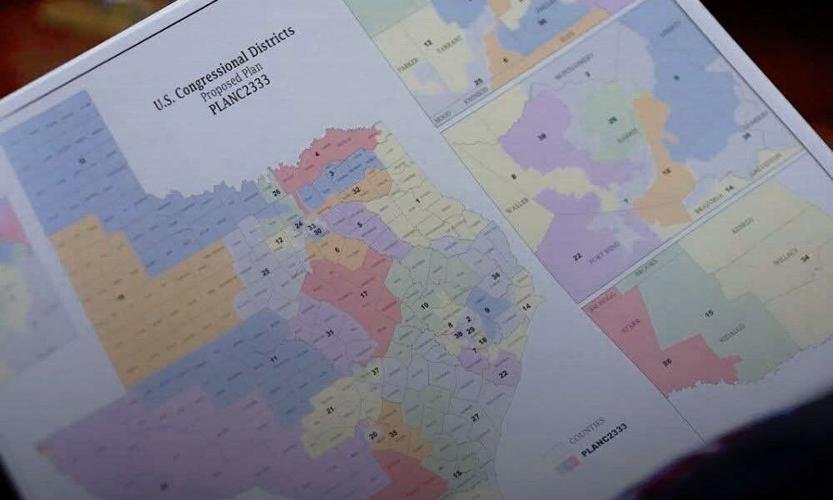
ST. LOUIS — Missouri Attorney General Catherine Hanaway has asked the U.S. Supreme Court to halt a federal district court ruling that struck down Texas’ congressional map, arguing the lower court ignored binding precedent and improperly inserted the federal judiciary into a political dispute reserved for state legislatures.

Hanaway
Missouri filed an amicus brief on behalf of itself and 21 other states, contending that the district court’s preliminary injunction amounted to an attempt to “weaponize the federal judiciary” and shift five congressional seats to the plaintiffs’ preferred political party without following required legal standards.
Redistricting is a “traditional domain of state legislative authority,” and federal-court interference represents “a serious intrusion on the most vital of local functions,” the document states.
The brief argues the district court crossed that constitutional line by granting plaintiffs a sweeping remedy that overrides the will of Texas lawmakers.
Hanaway said the ruling “cast aside” the principle that redistricting decisions belong to elected representatives and warned that allowing federal judges to upend maps in this manner threatens every state’s elections.
She added that Missouri supports Texas because “federal courts cannot be used to override the will of state legislatures.”
The amicus brief focuses on the district court’s treatment of Alexander v. South Carolina State Conference of the NAACP, a 2024 Supreme Court decision that requires plaintiffs alleging racial gerrymandering to produce an alternative map demonstrating that a legislature could meet its political goals without using race.
The states argue this safeguard is essential to prevent partisan disputes from being rebranded as racial discrimination claims.
But in the Texas case, the plaintiffs provided no alternative map, despite an expert testifying that she could generate “a million maps in a matter of seconds” using digital tools.
Instead, the plaintiffs sought reinstatement of Texas prior map, which would grant their preferred political party five additional congressional seats.
The amicus states contend the lower court ignored Alexander “while artificially distinguishing” the precedent, creating a path for national activist groups to use racial gerrymandering claims as political leverage.
Missouri connects this concern to its own recent litigation, where out-of-state groups attempted to challenge its congressional map through what the Attorney General’s Office described as an unlawful referendum effort.
Hanaway warned that if courts may set aside Alexander at will, it would “embolden” groups to launch similar efforts nationwide, creating confusion and undermining public trust.
The district court’s decision, issued in a 2–1 split, found that the Texas Legislature racially gerrymandered its map, even though, according to the brief, “it is obvious to the whole country” that the map was driven by partisan considerations similar to redistricting efforts in several other states.
The ruling reinstated Texas’ previous map and, in doing so, shifted multiple congressional seats.
The dissenting judge emphasized the absence of an alternative map and highlighted plaintiffs’ expert testimony about the ease of generating maps, arguing that the majority failed to apply Supreme Court standards.
Missouri and the other states assert that the district court’s remedy is “blatant error” because it both disregards binding precedent and imposes a map that awards political gains to one side without satisfying the evidentiary requirements established by the Supreme Court.
By reimposing the old map, the states argue, the court delivered plaintiffs a political outcome “that eluded them in the political arena.”
The filing urges the Supreme Court to immediately stay the district court’s preliminary injunction so Texas lawmakers, not a federal judge, can control the state’s 2026 congressional map.
The amicus brief is joined by attorneys general from Alabama, Alaska, Arkansas, Florida, Idaho, Indiana, Iowa, Kansas, Kentucky, Louisiana, Mississippi, Montana, Nebraska, North Dakota, Ohio, Oklahoma, South Carolina, South Dakota, Tennessee, Utah and West Virginia.
U.S. Supreme Court case number: 25A608








